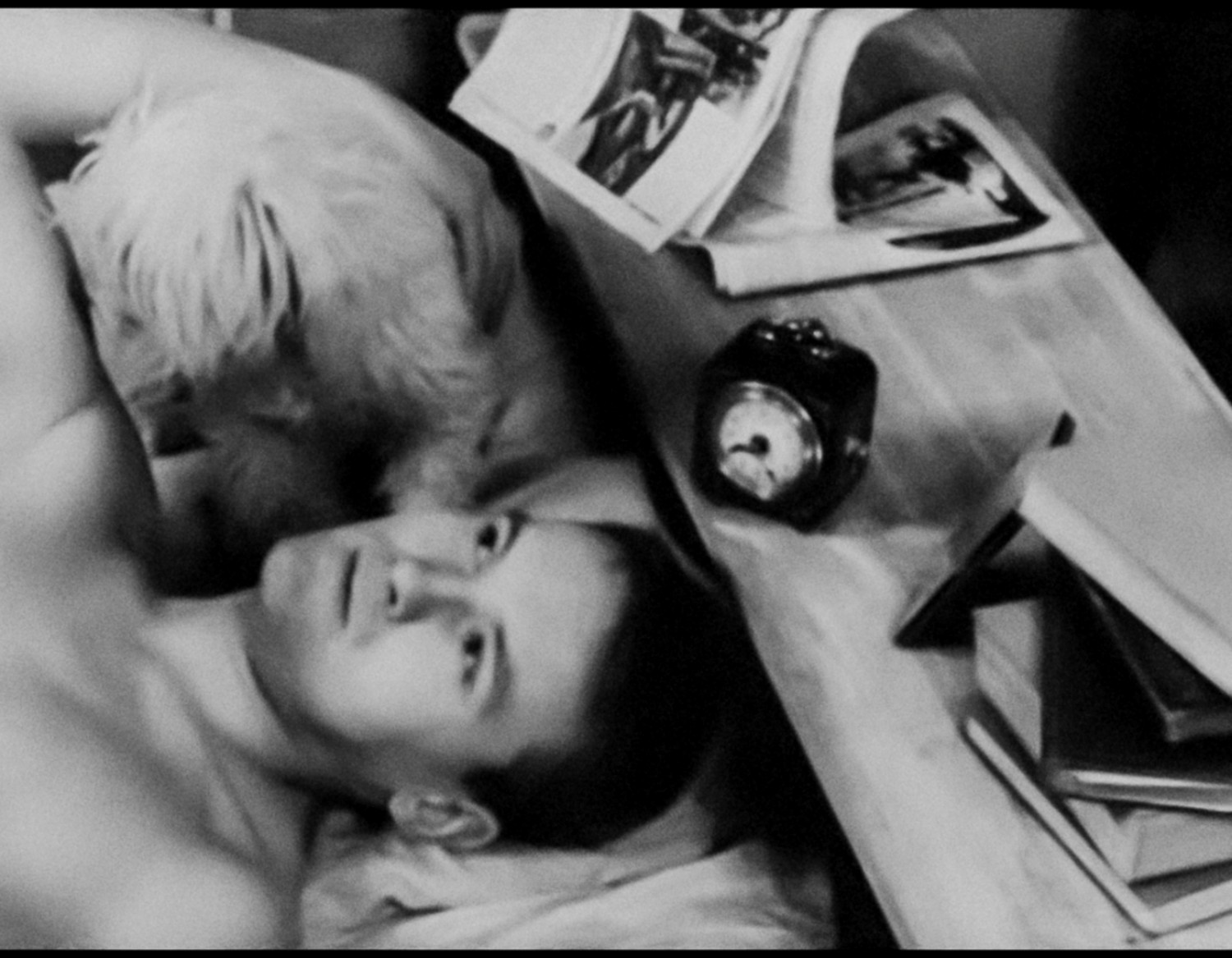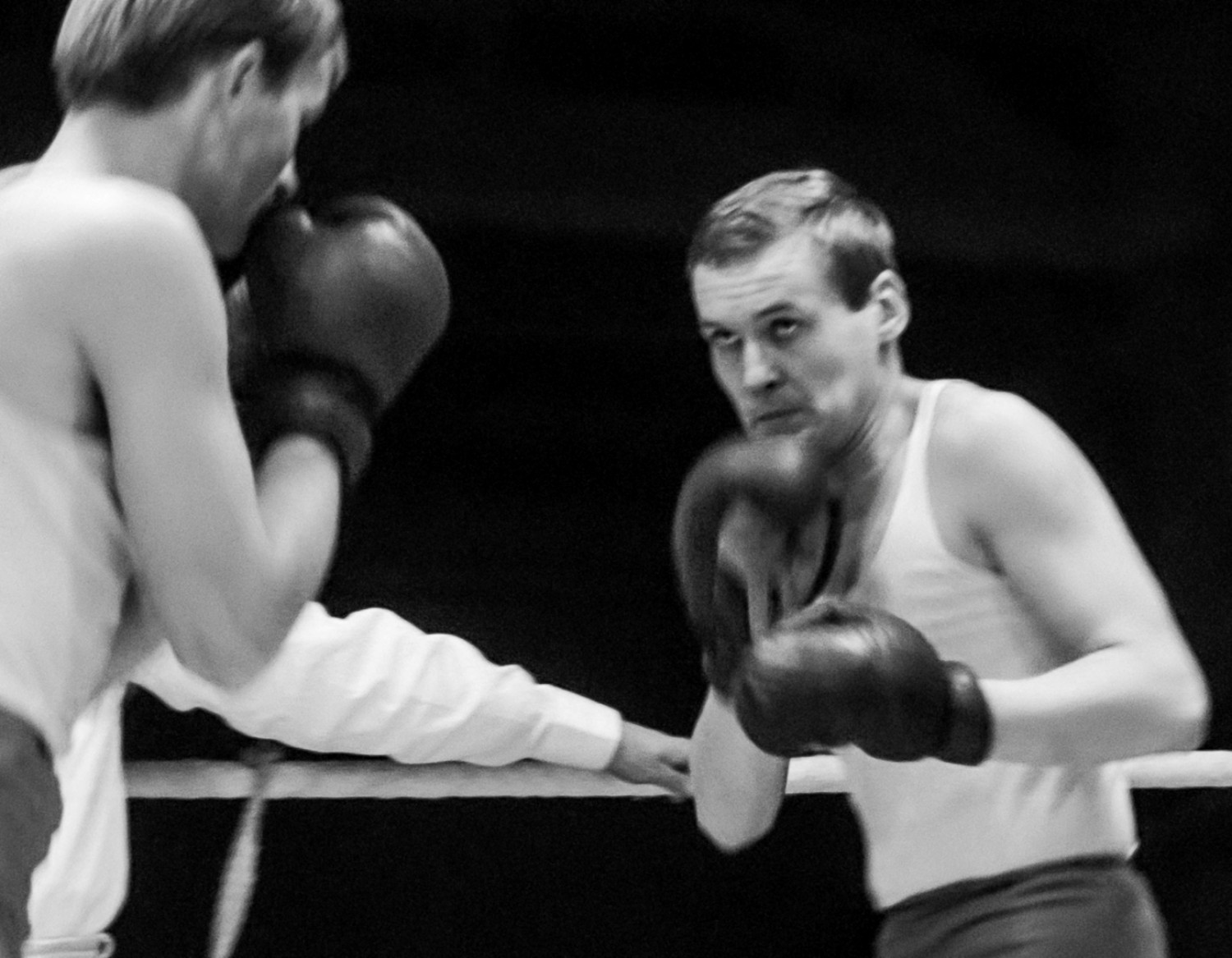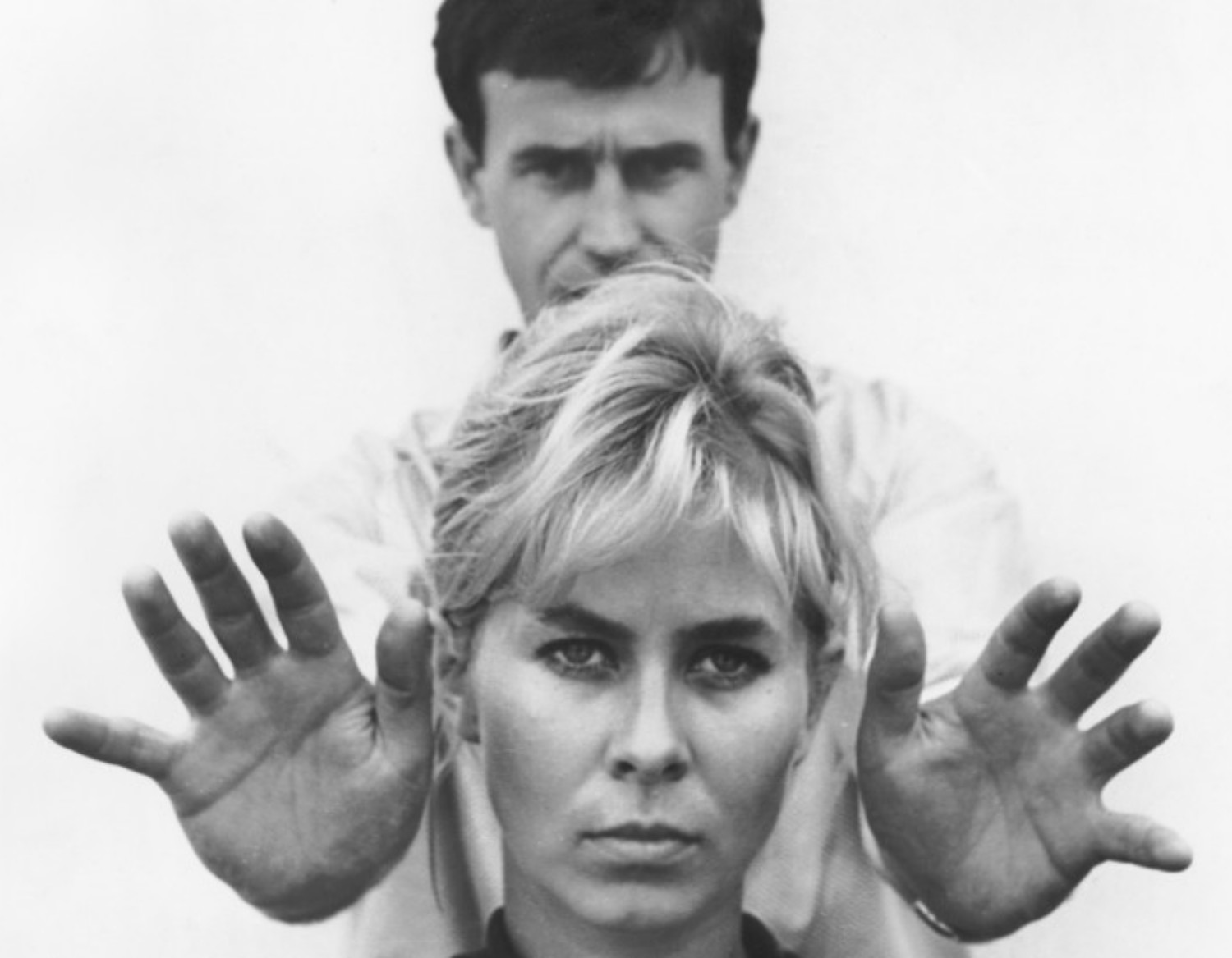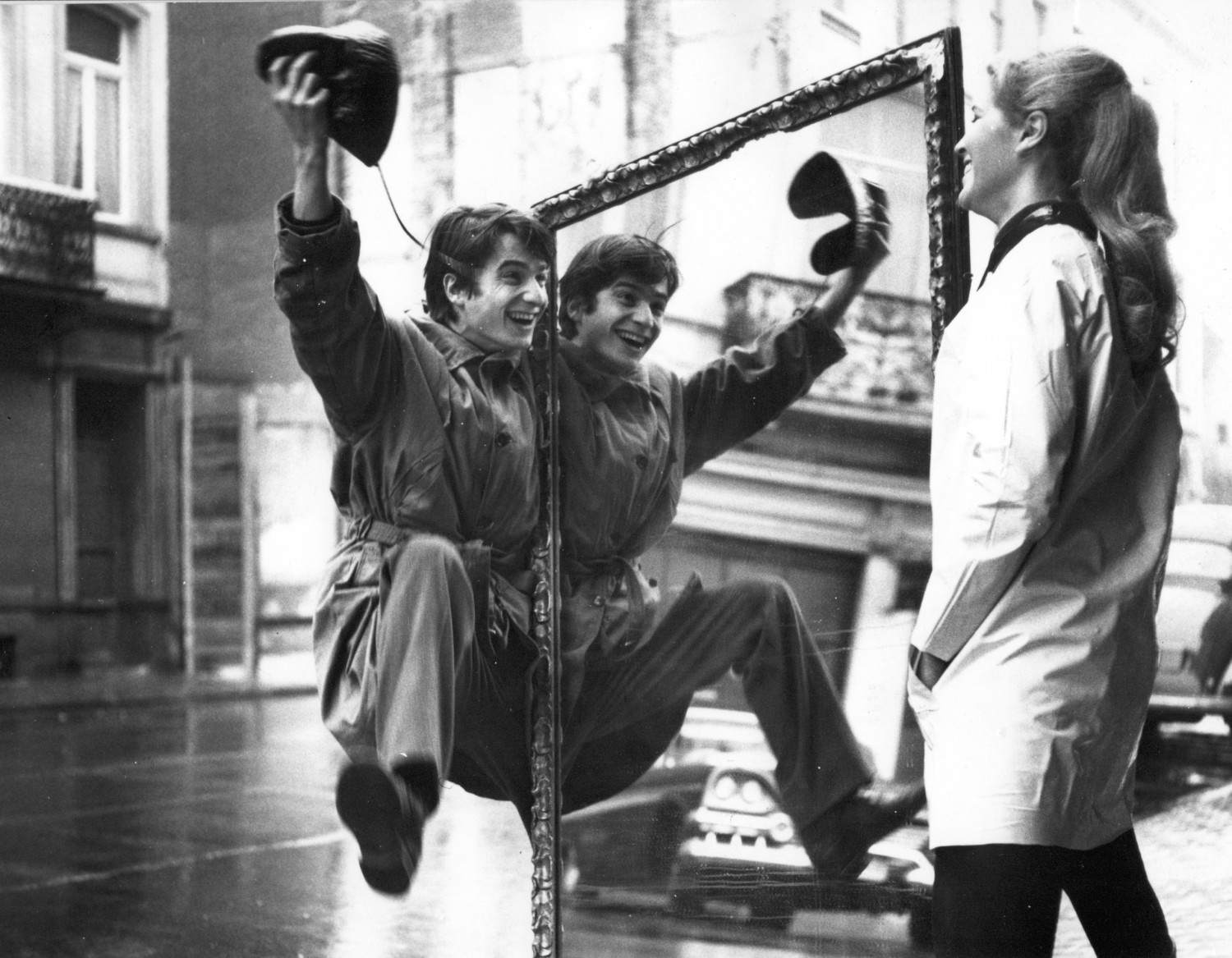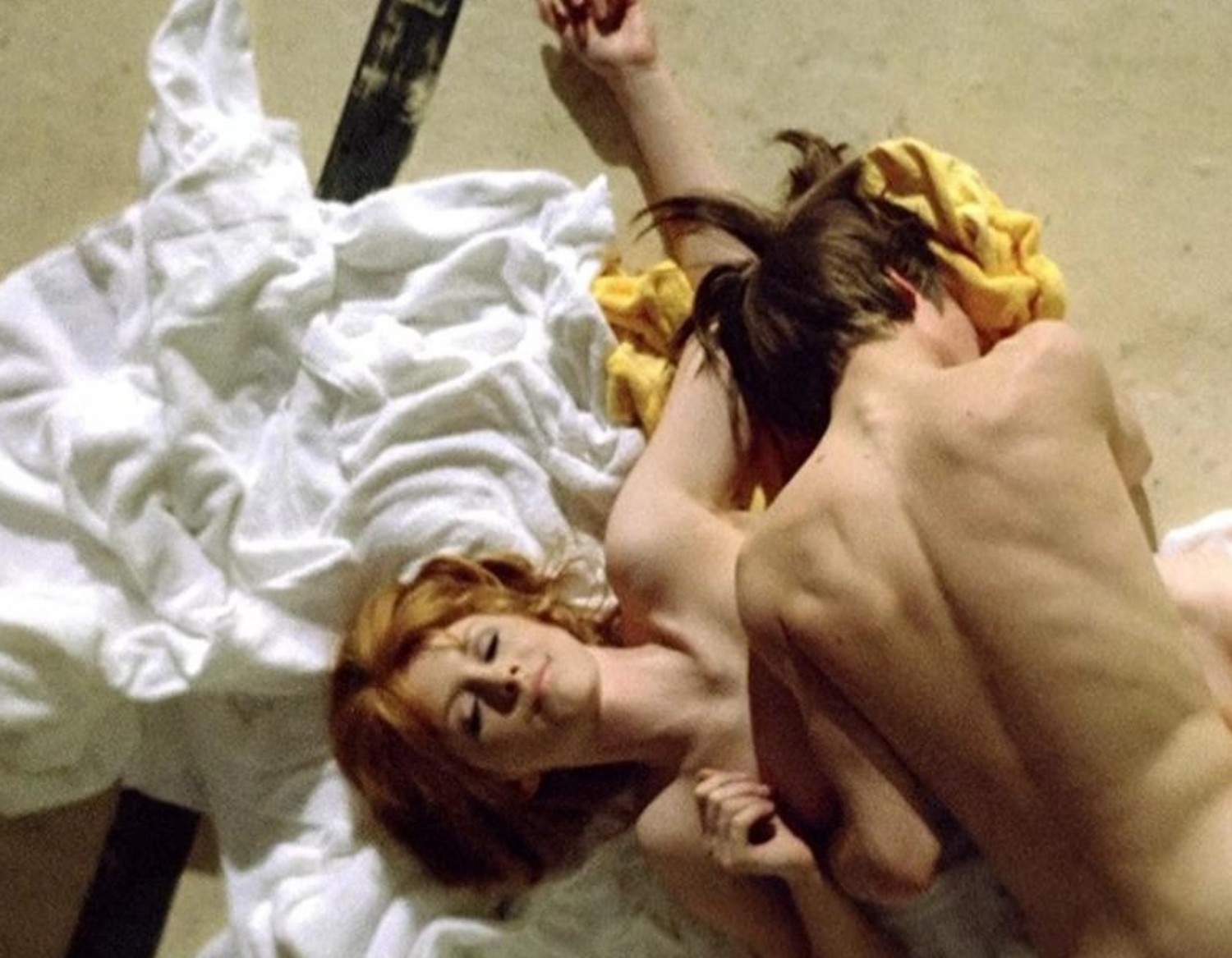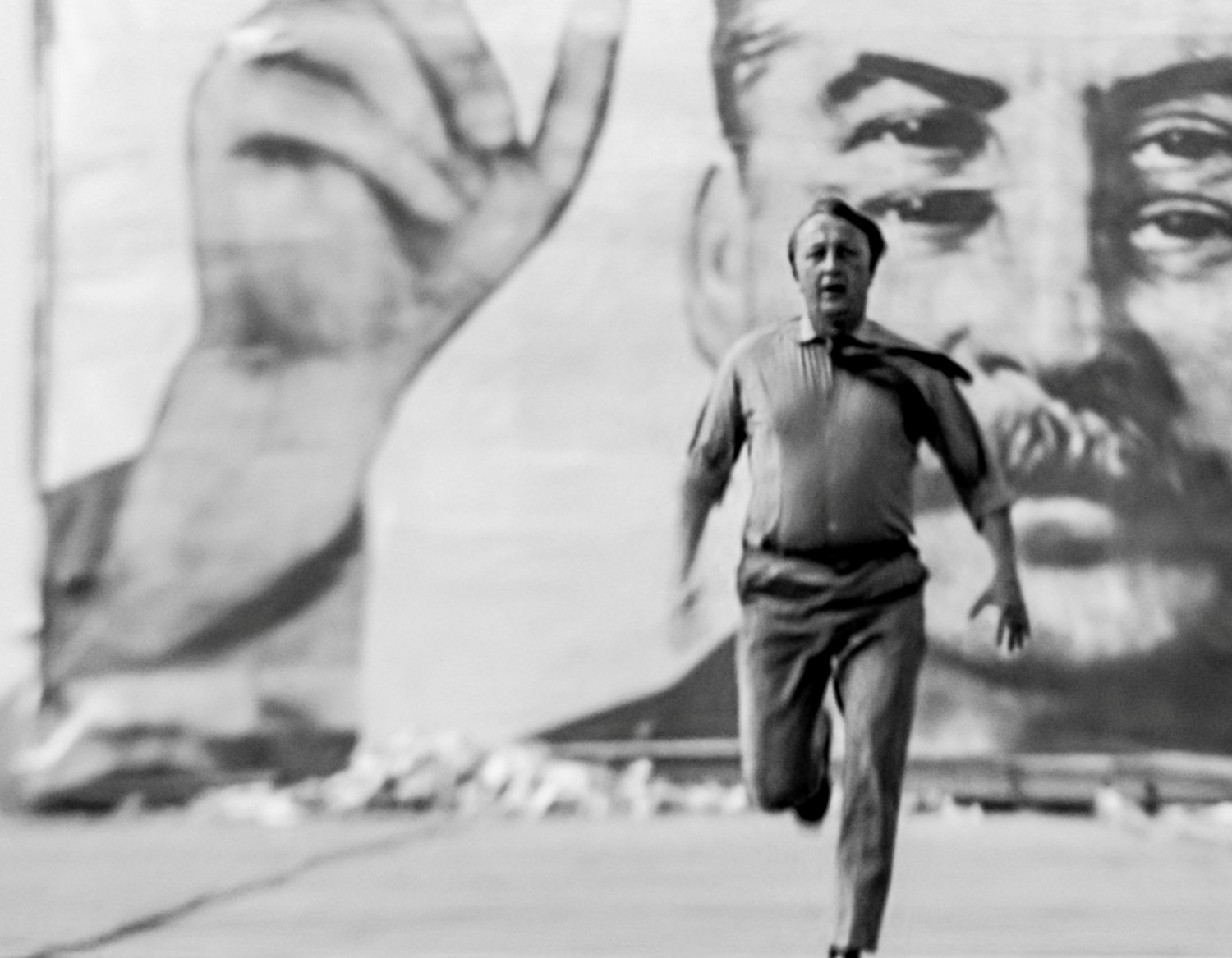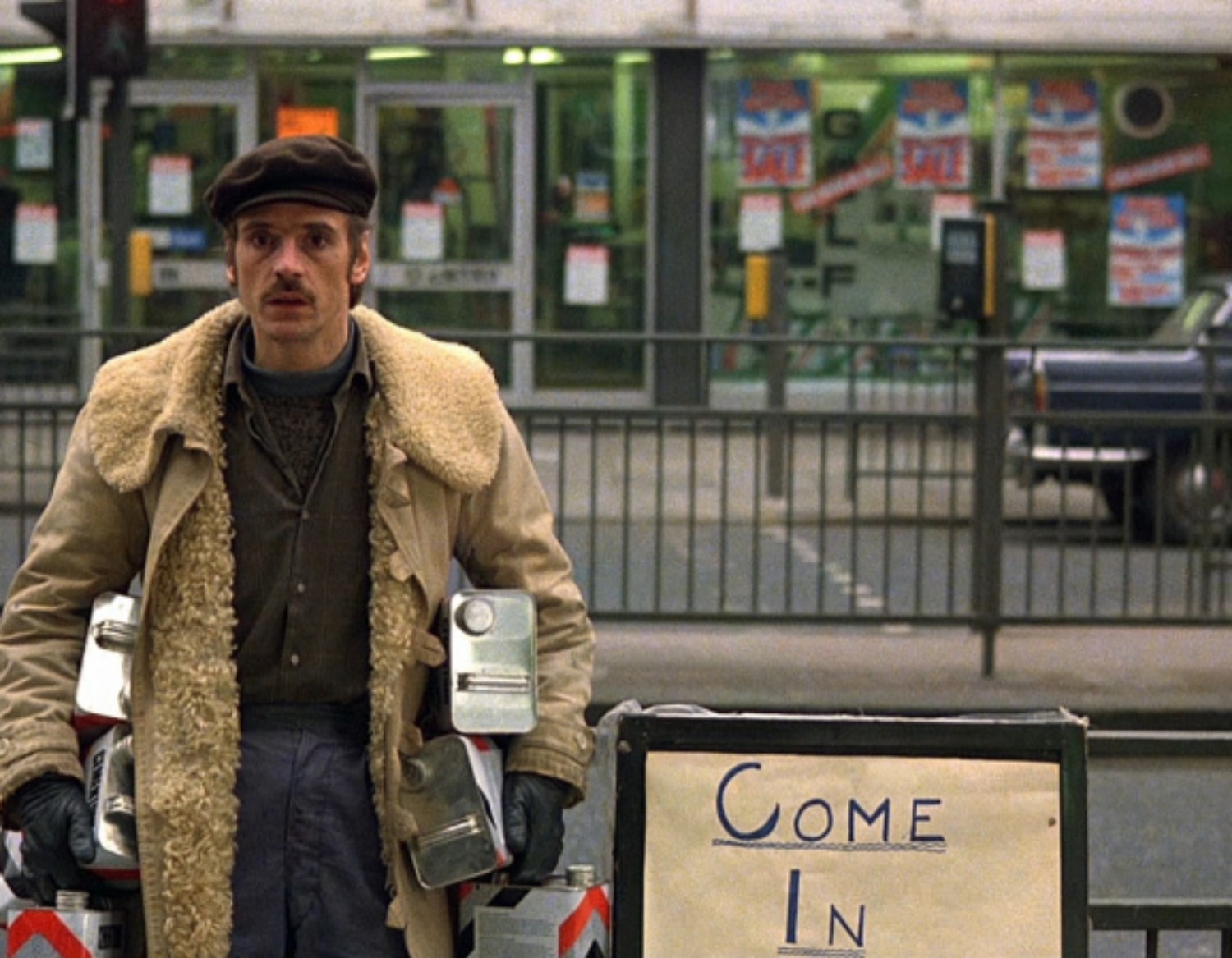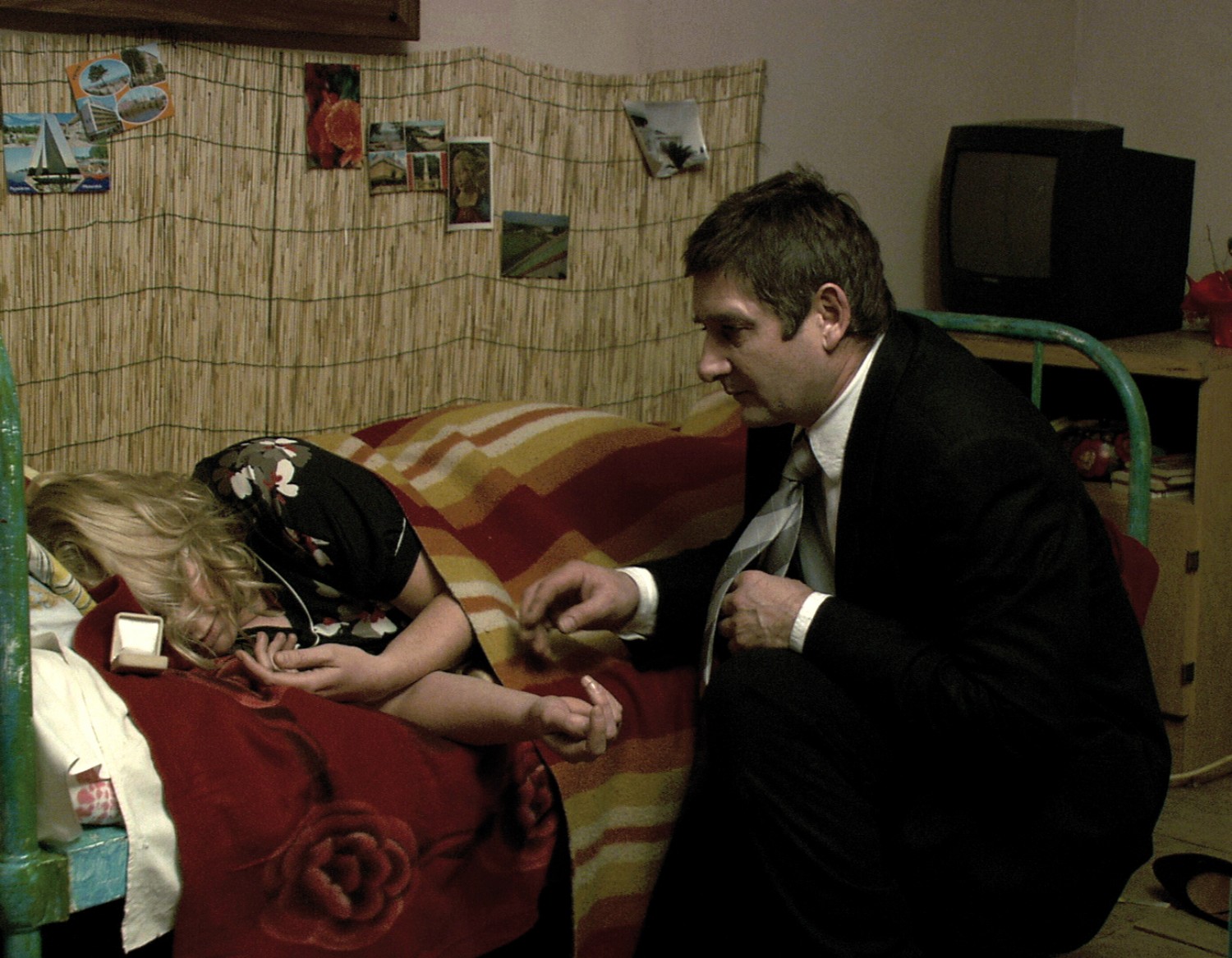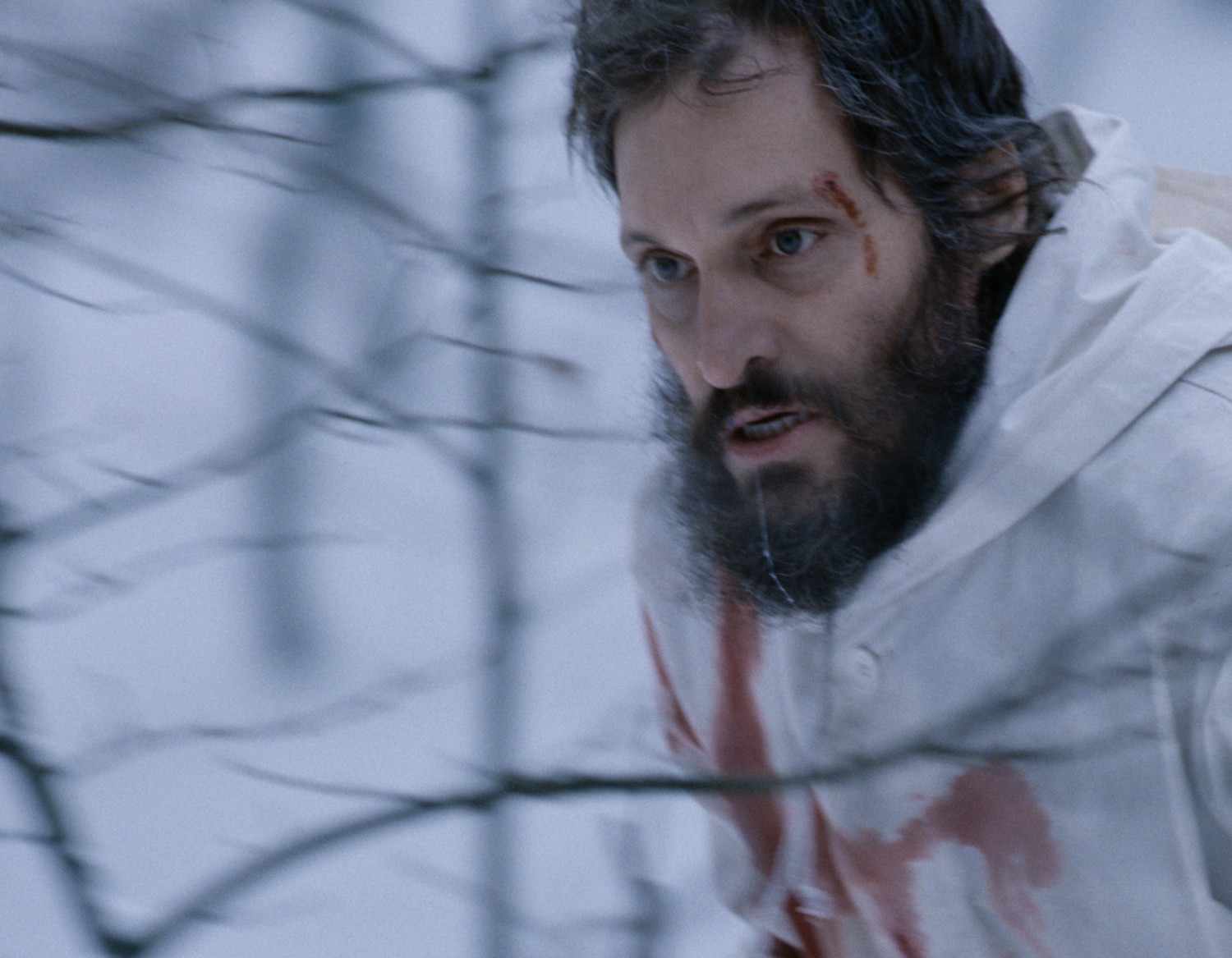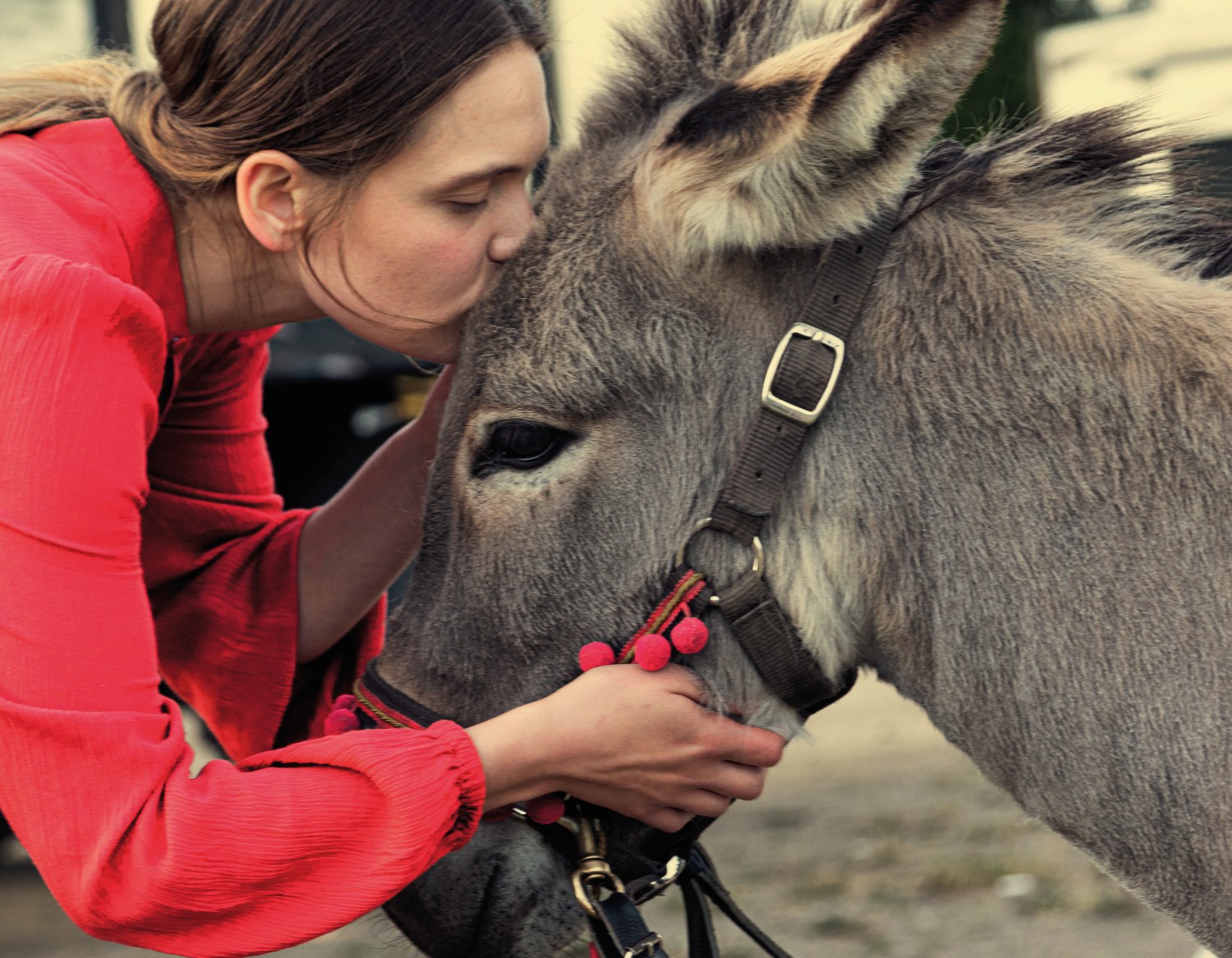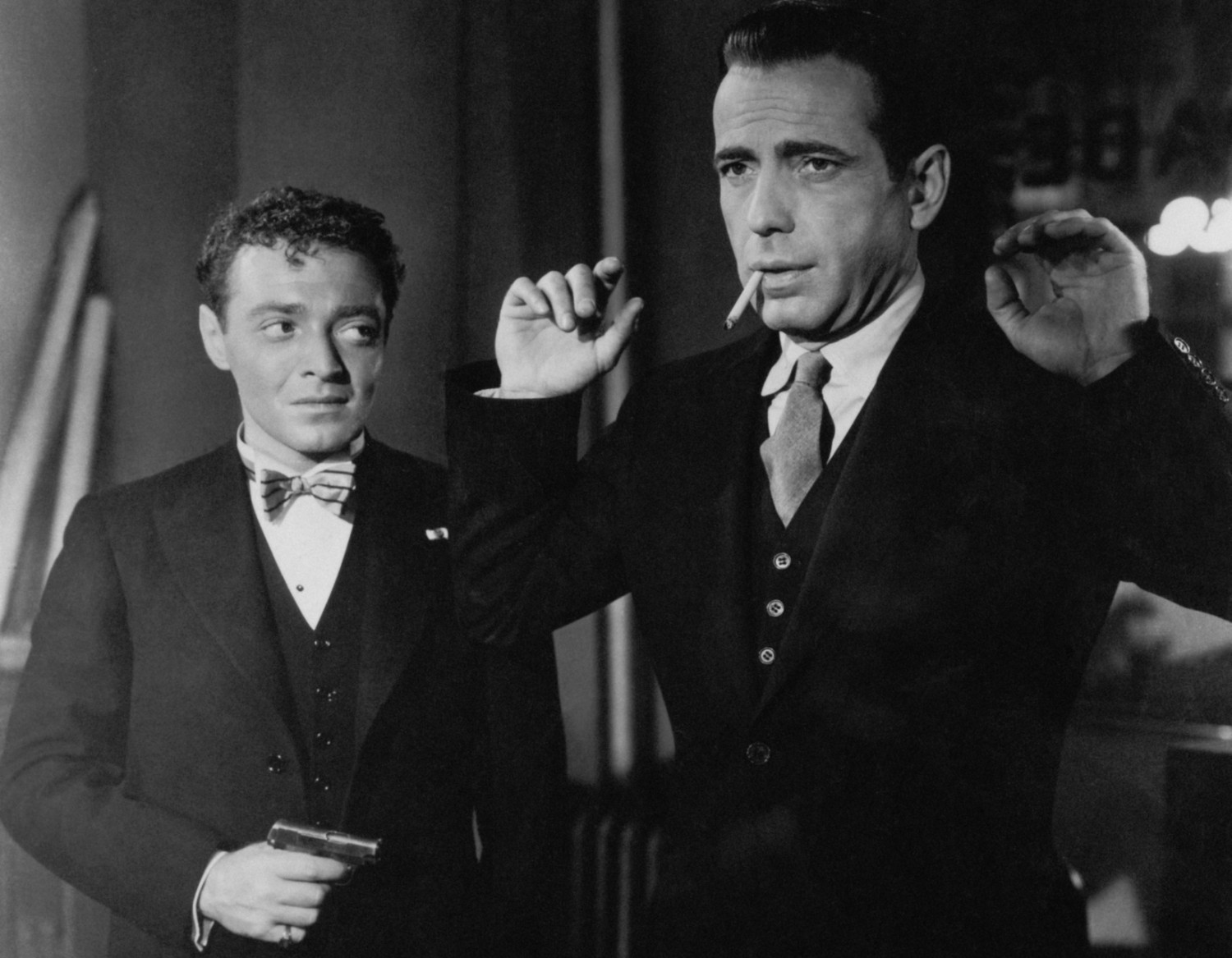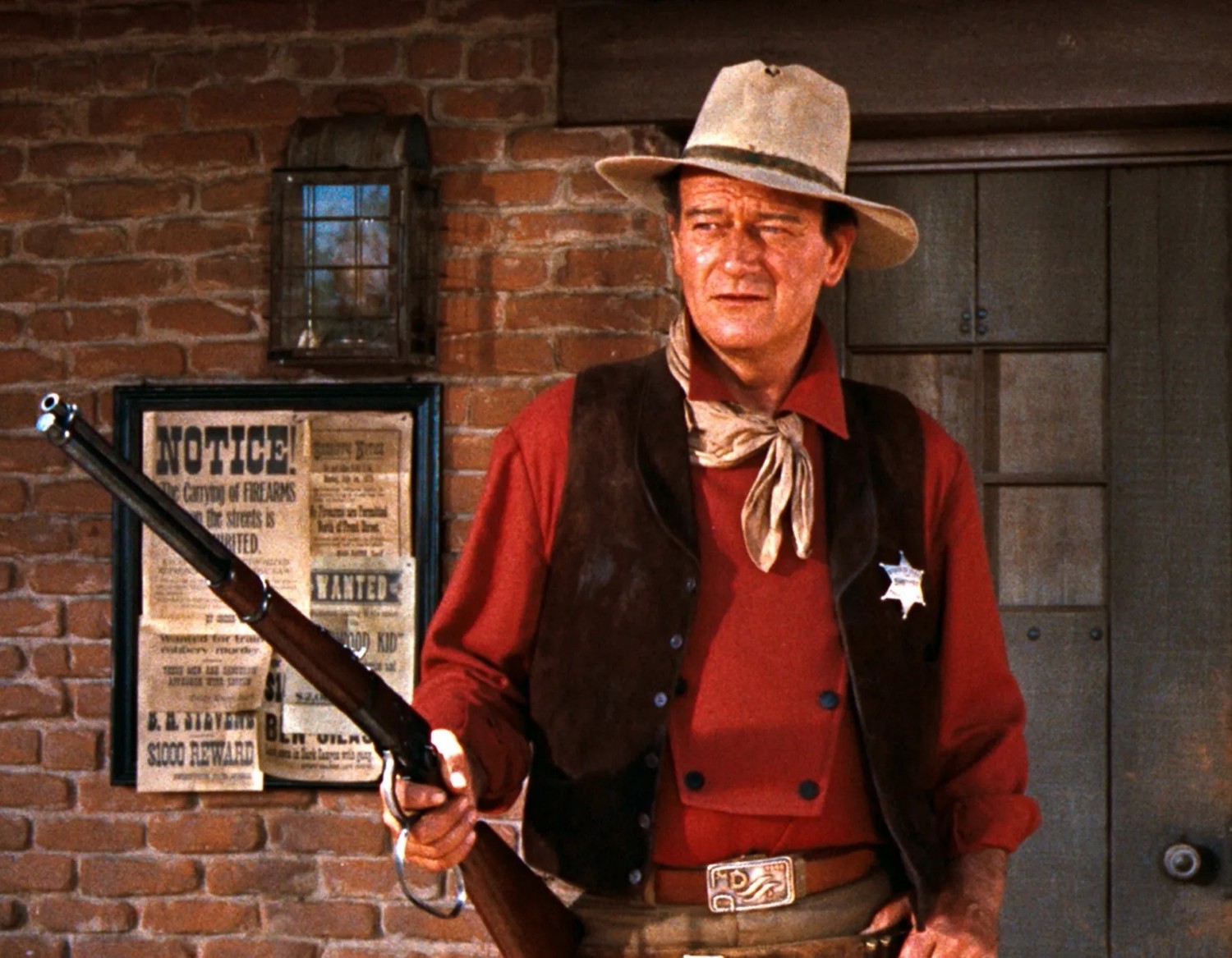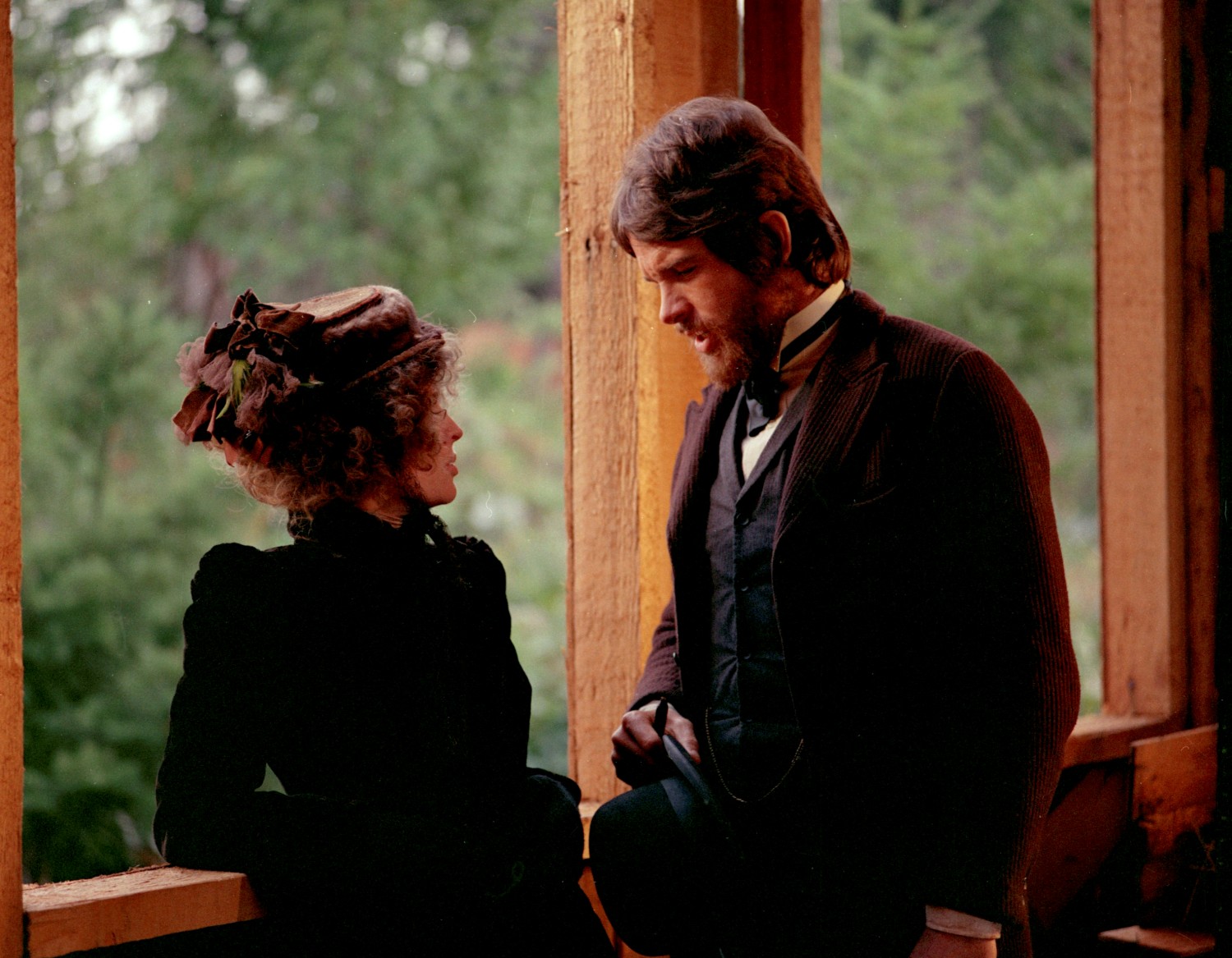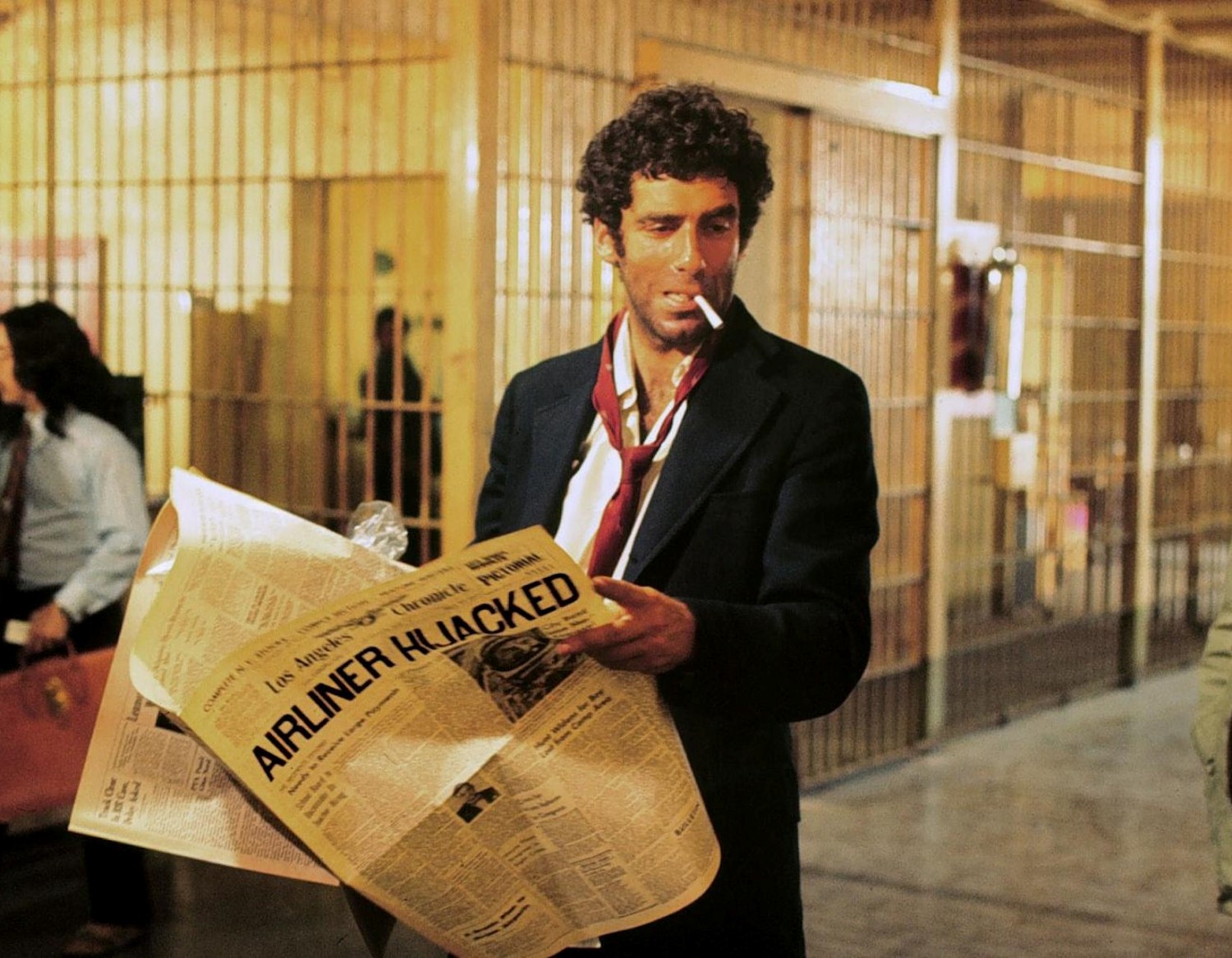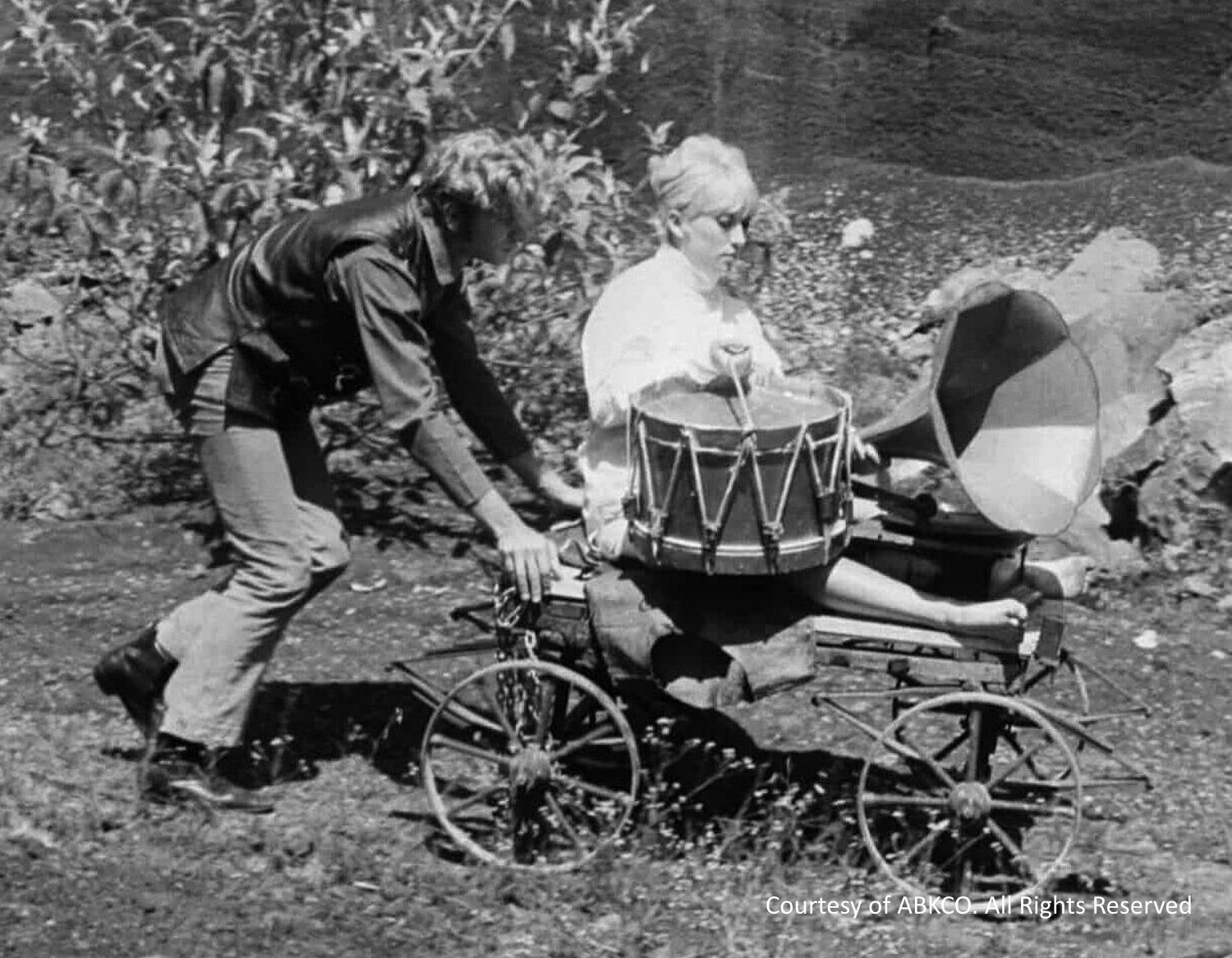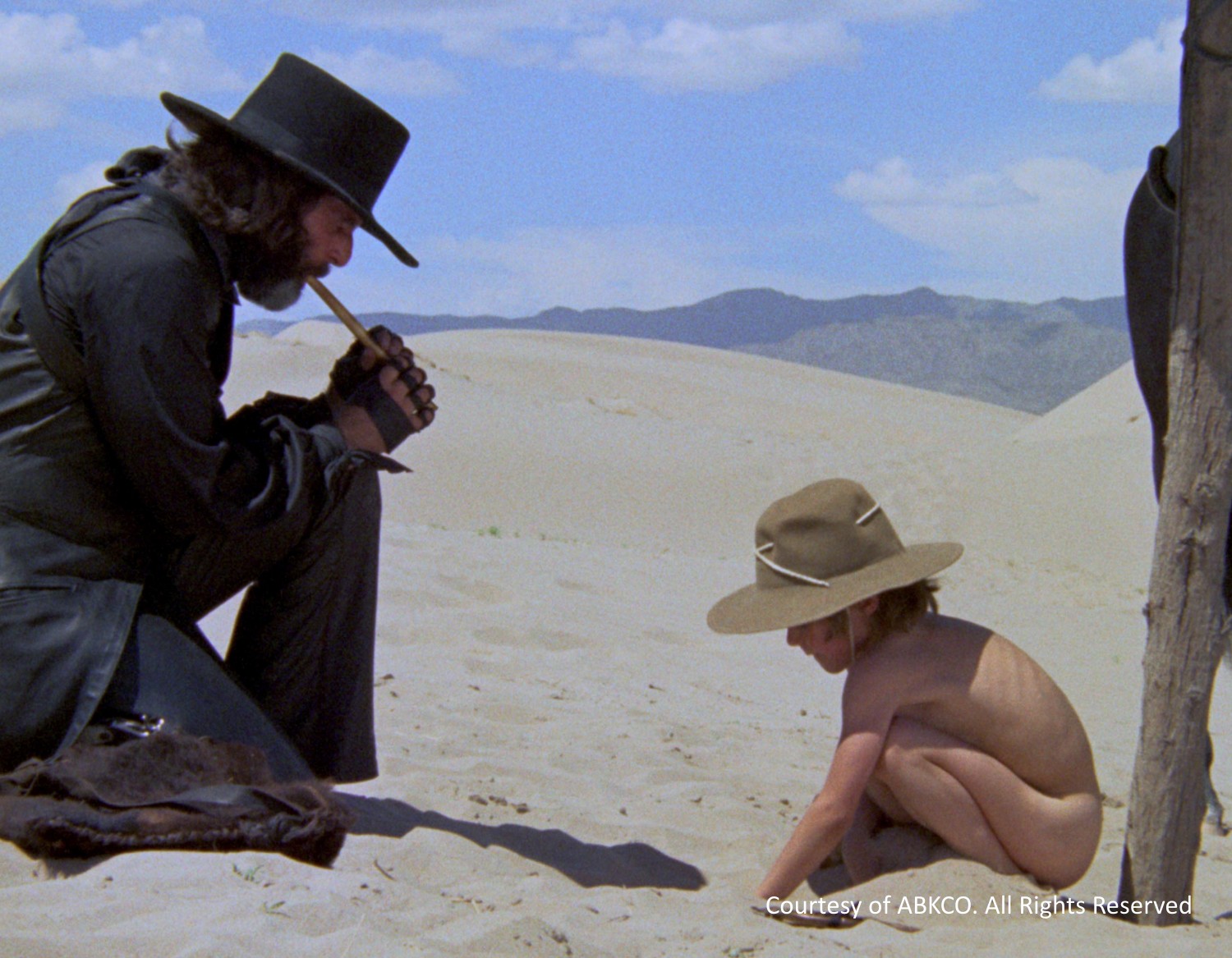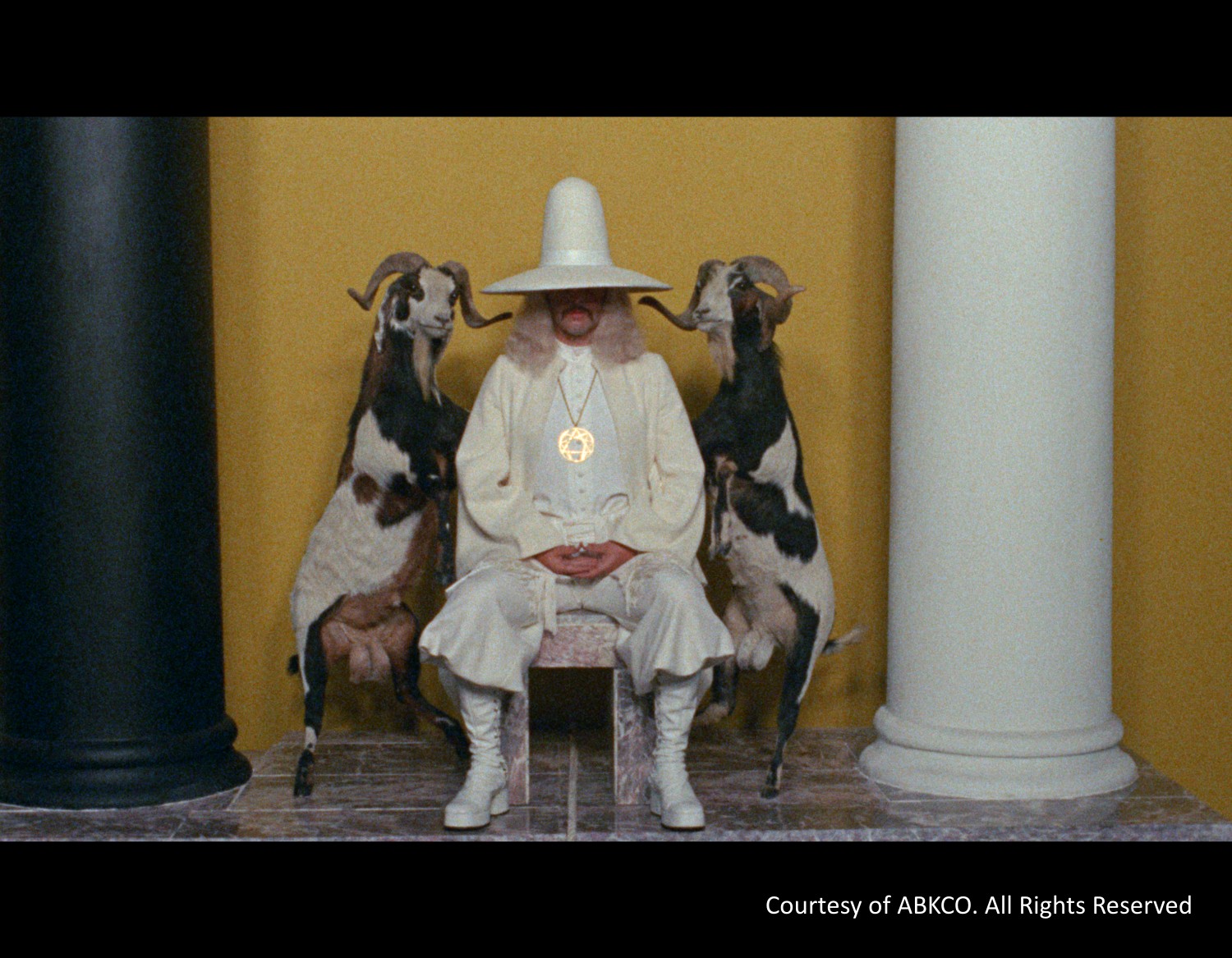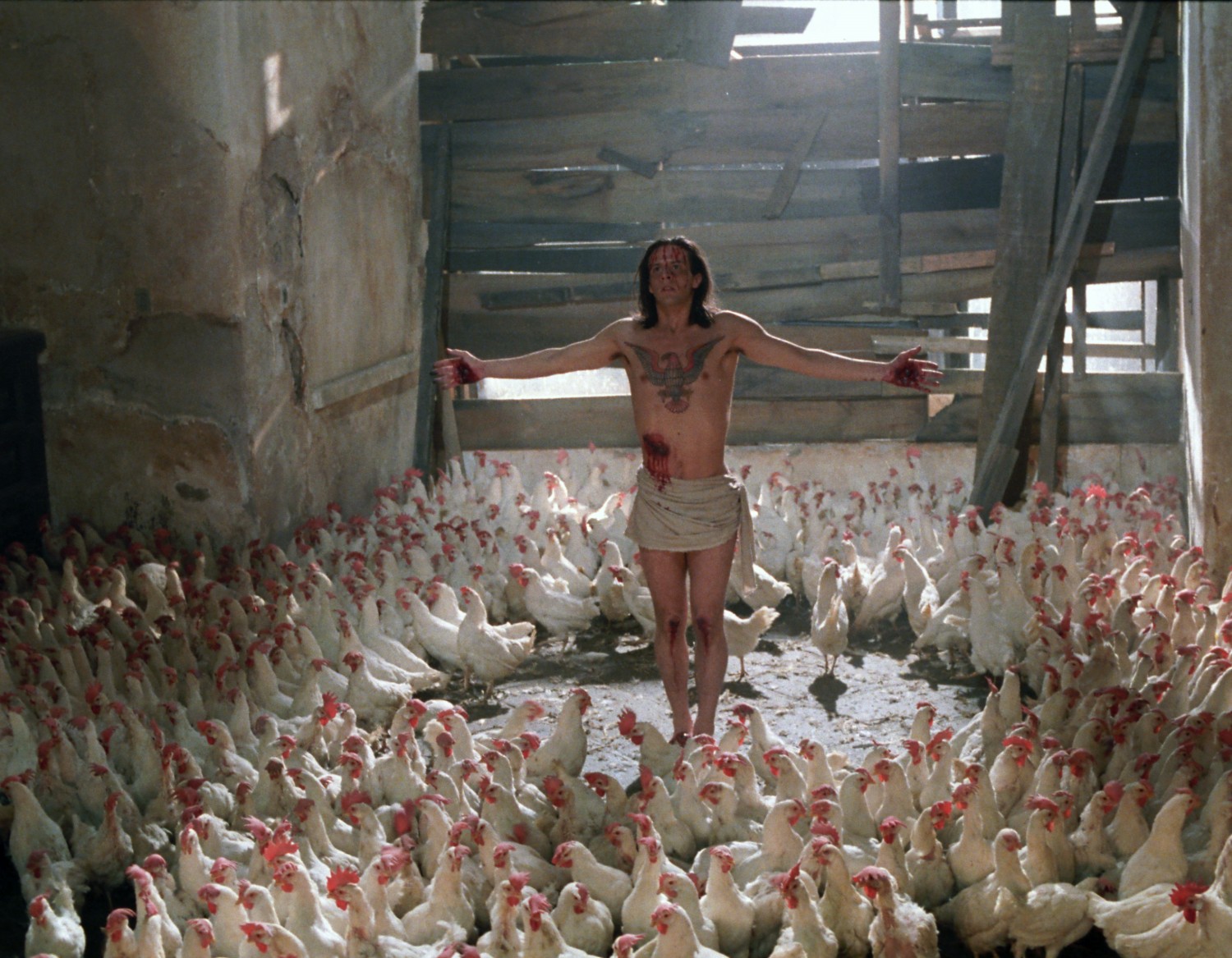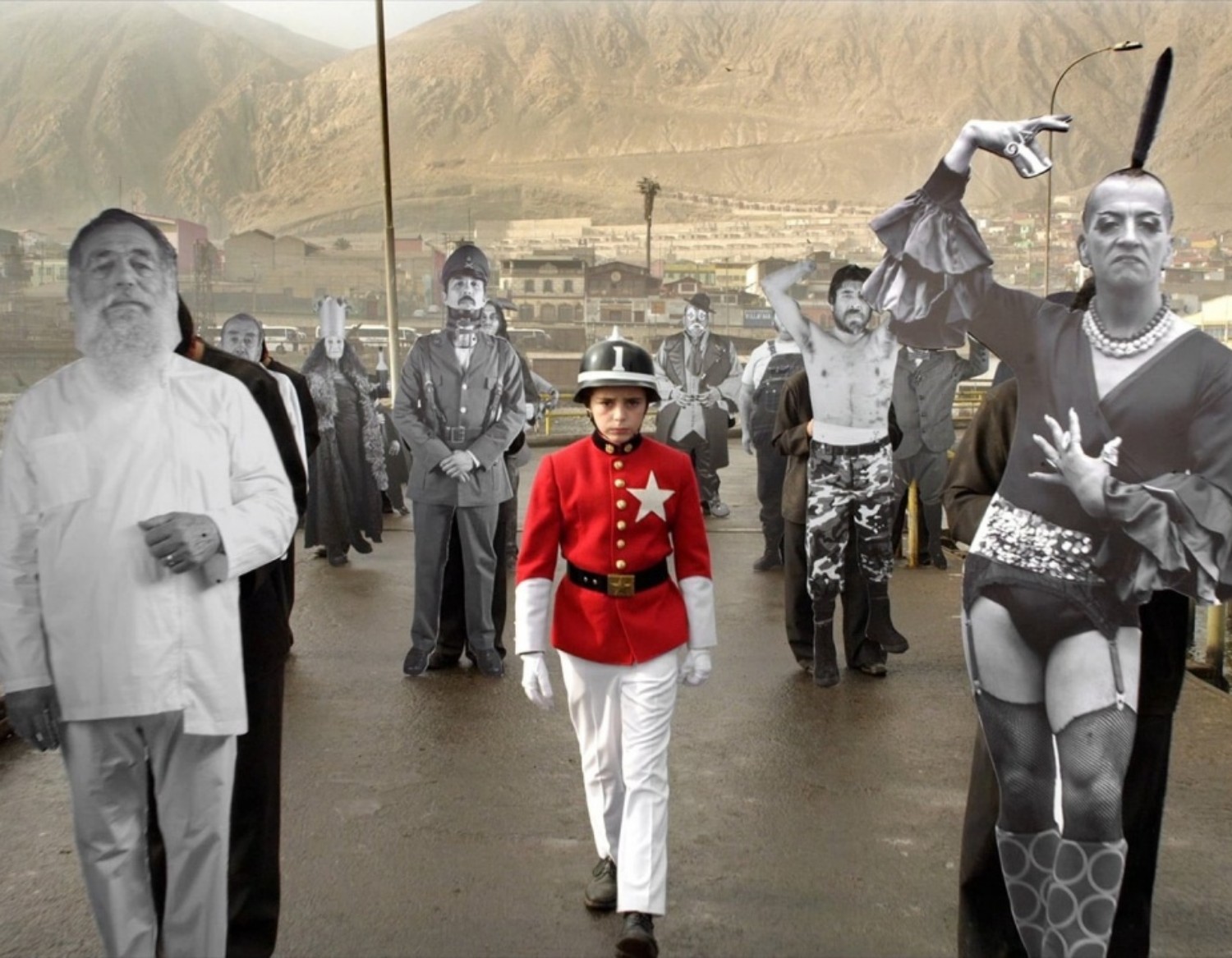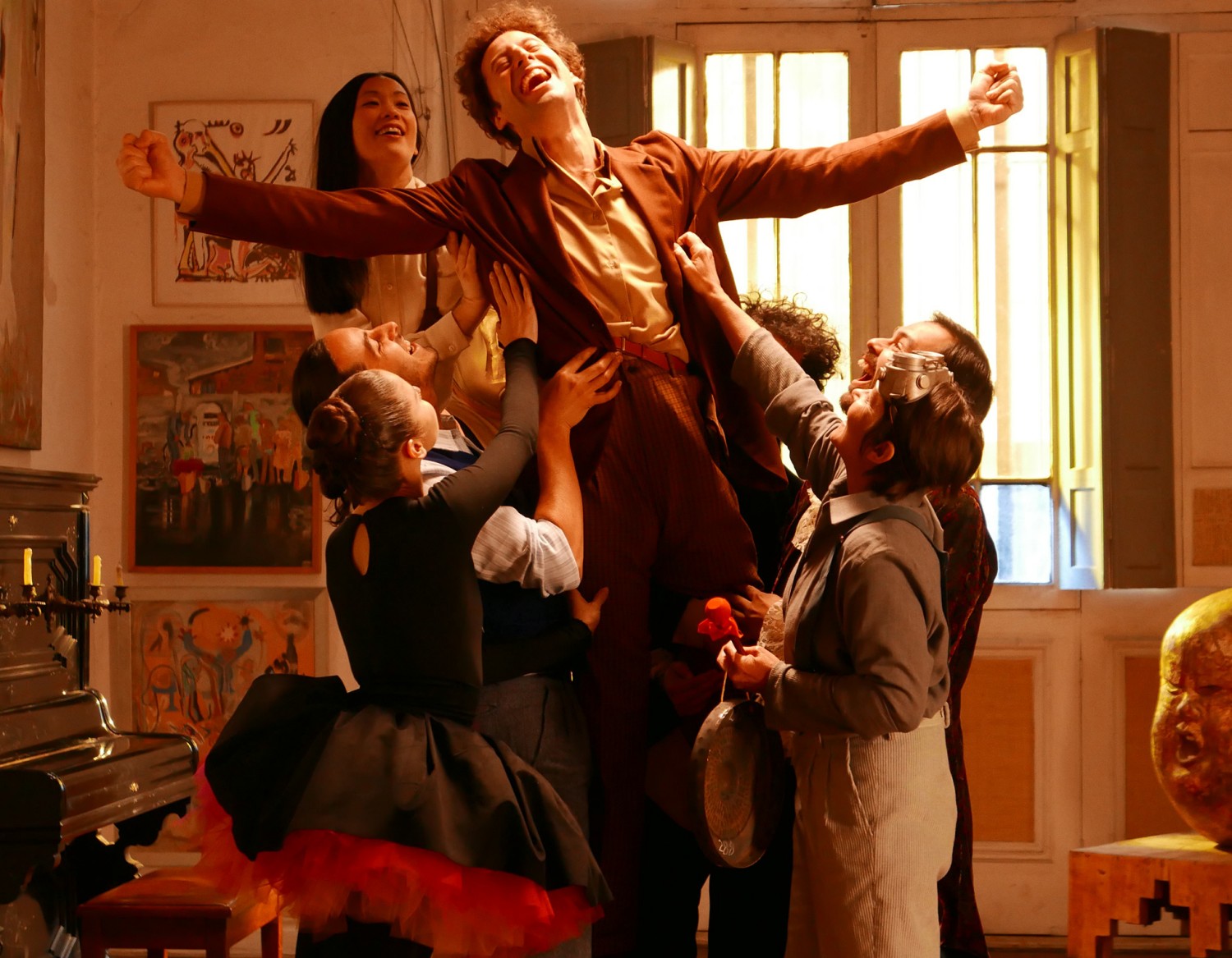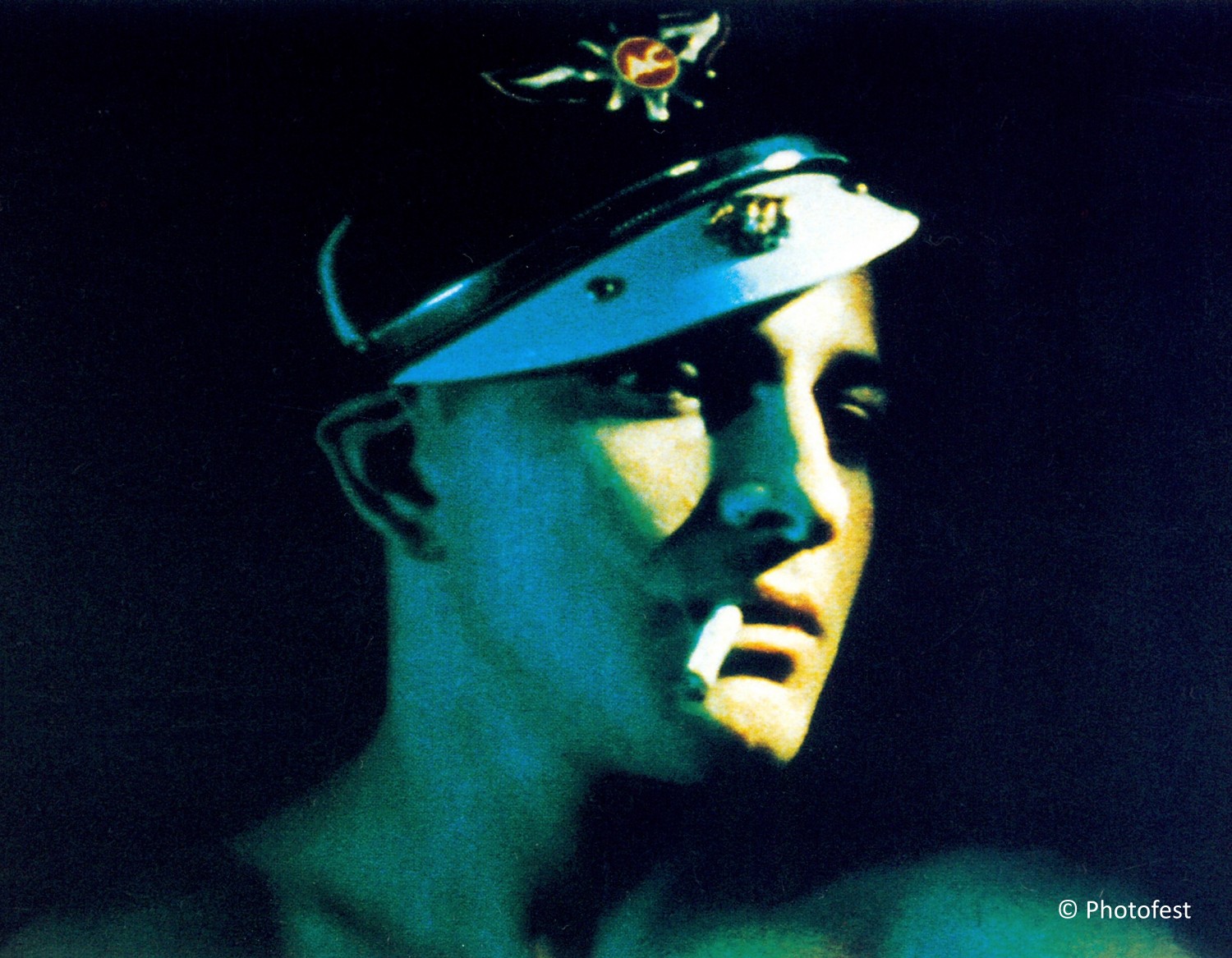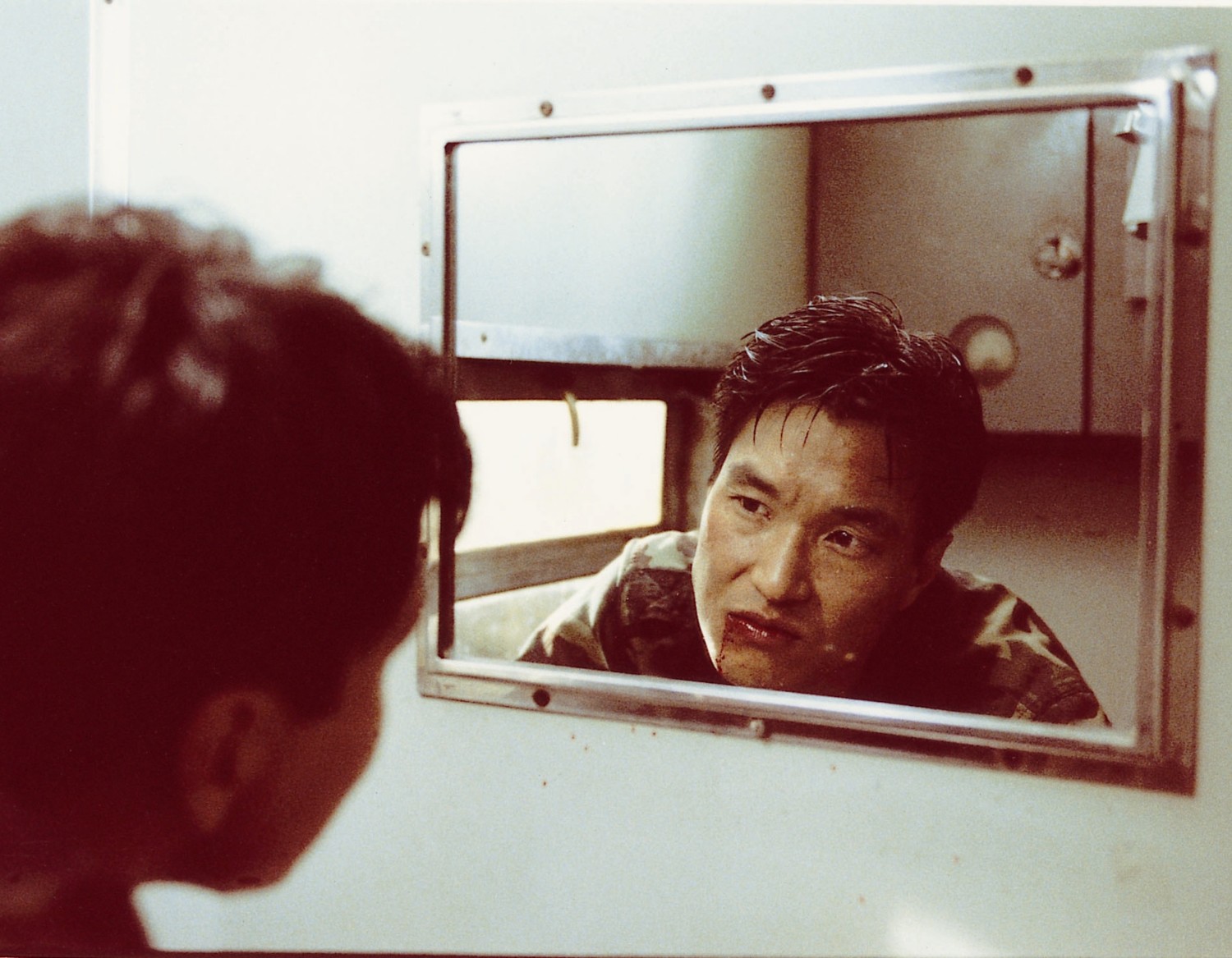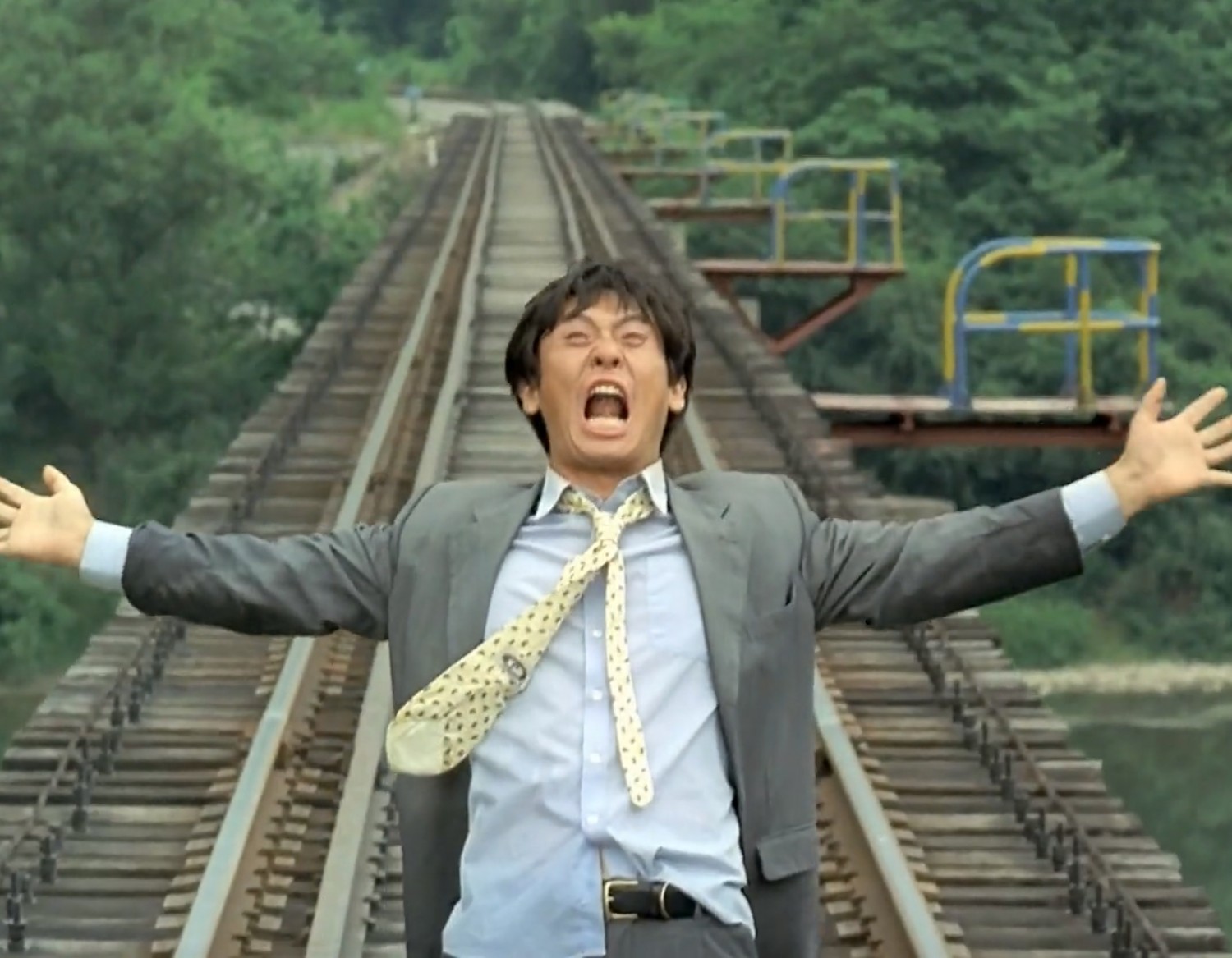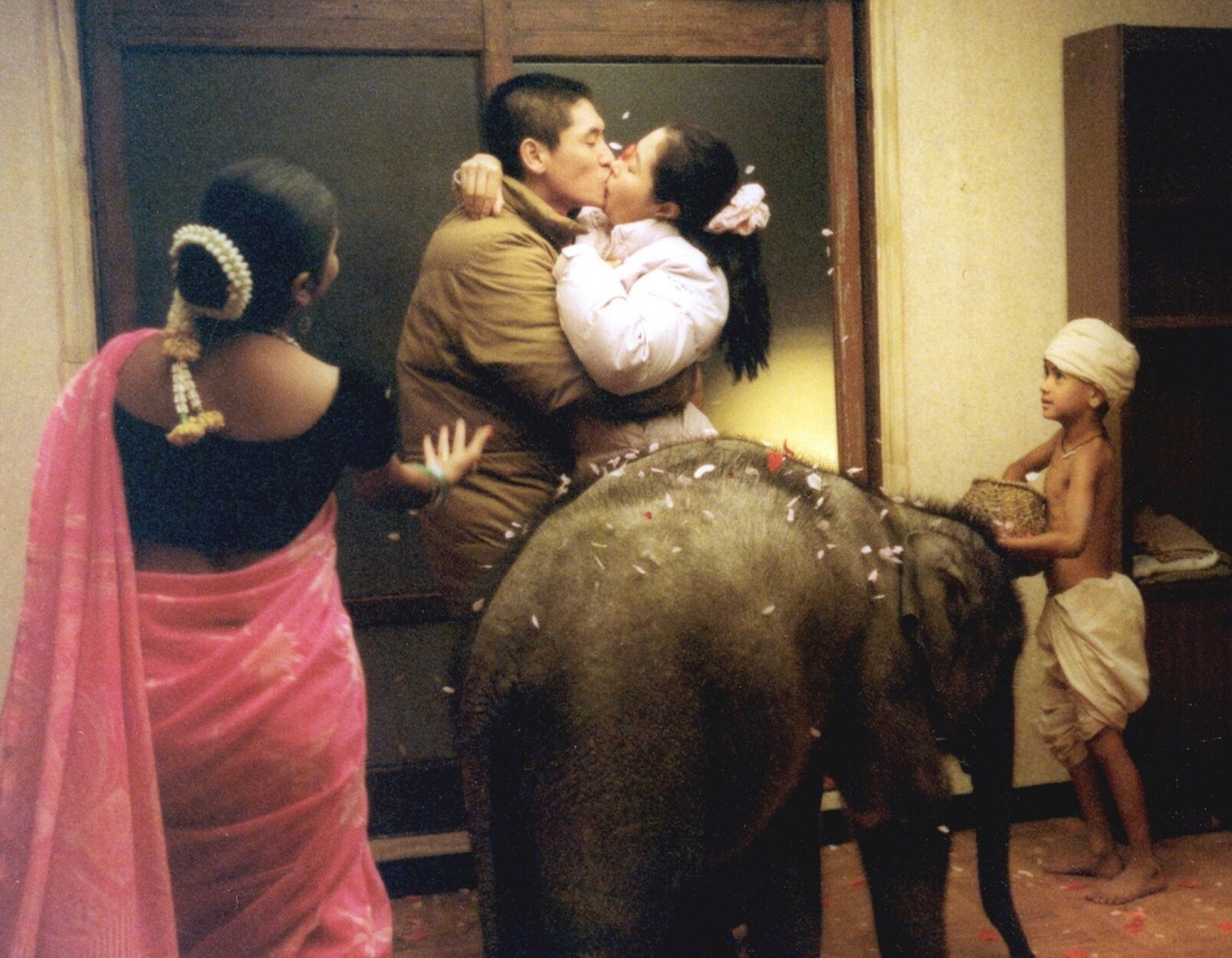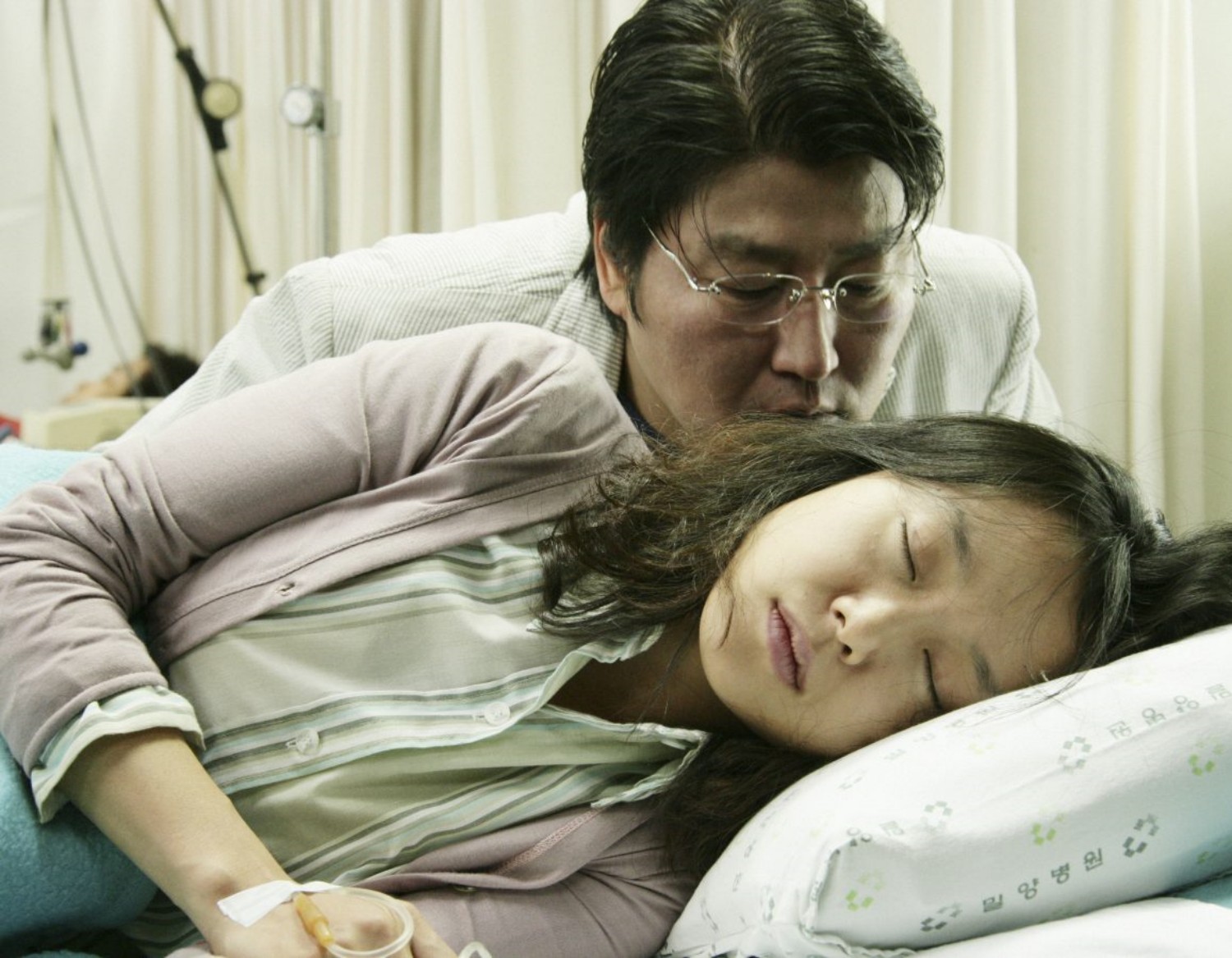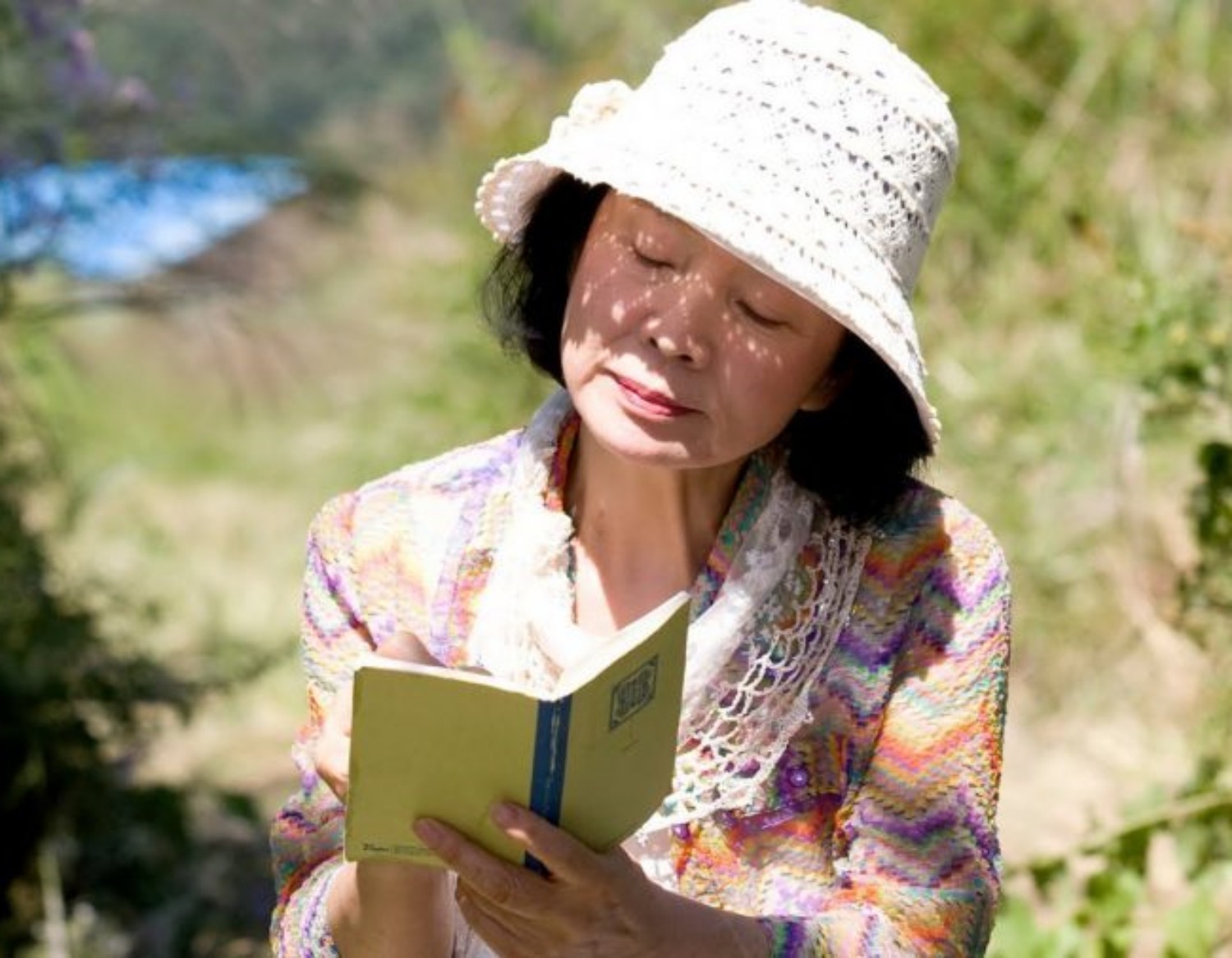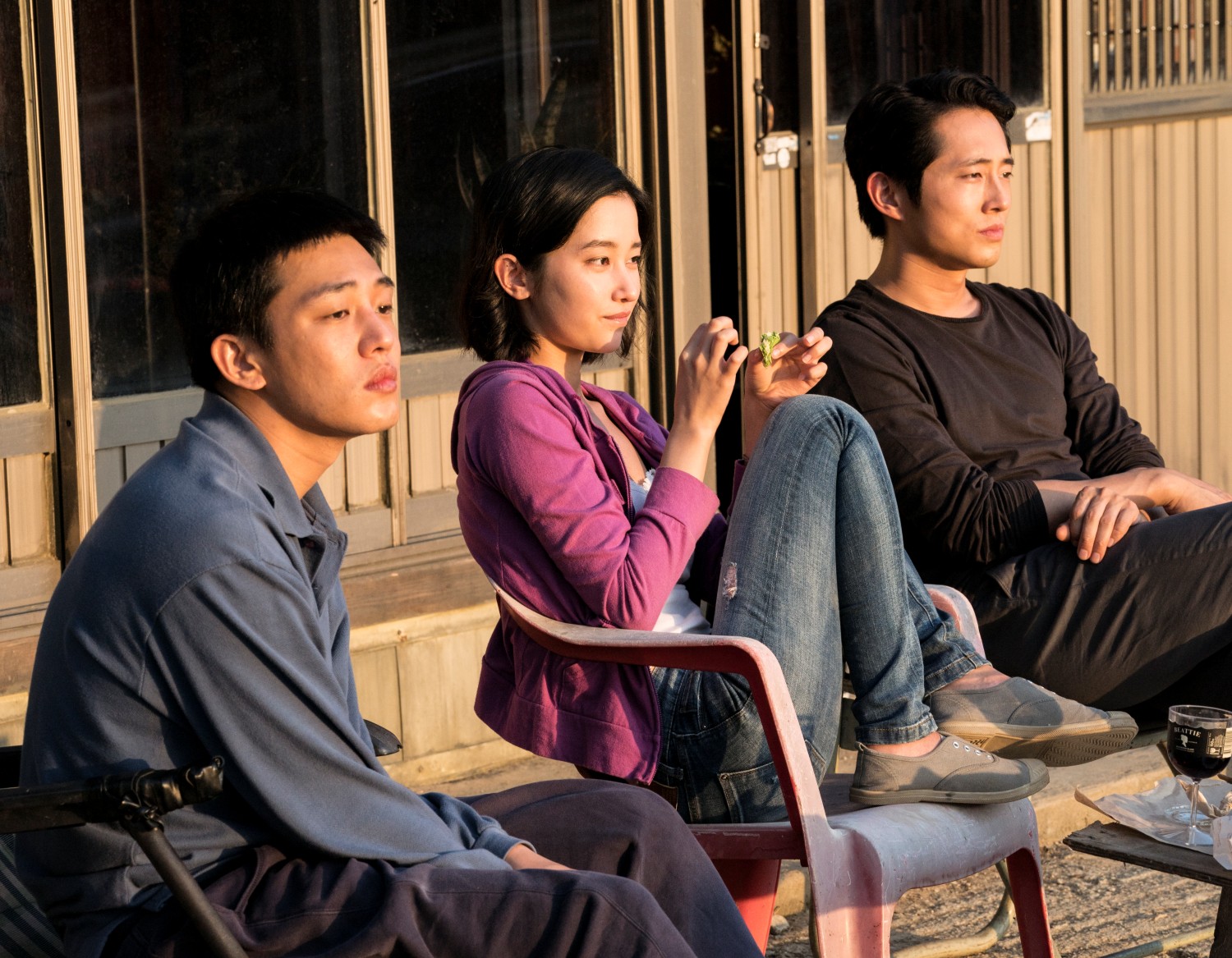2023
Jerzy Skolimowski—An Existential Quest for Liberty
In a letter, Jean-Luc Godard famously described two figures as the greatest directors in the world: himself, [...]
In a letter, Jean-Luc Godard famously described two figures as the greatest directors in the world: himself, and Jerzy Skolimowski.
While Skolimowski claimed he had not seen any of Godard’s films at the time he began his career as a director, his approach to filmmaking can be easily drawn parallels with the French New Wave giant: they both experiment with cinematic forms and reinvent new sets of film language. The near-miraculous combination of revolutionary aesthetics, meticulous mise-en-scene and instinctive improvisation found in Identification Marks: None, Walkover and Barrier displays the same creative impulse and independent spirit as Breathless and Band of Outsiders, though their deliverables are totally different.
Living under the communist regime, Skolimowski emerged as one of the most original voices of the Polish New Wave. Before entering Łódź Film School, he was enlisted by Andrzej Wajda to tweak the script of Innocent Sorcerers, and later collaborated with Roman Polanski on his 1962 debut feature Knife in the Water. Refusing to conform to the mainstream and censorship, he channeled his prodigious talents – as an actor, playwright, poet, painter, jazz drummer and even boxer – into a series of visually imaginative and poetically structured films that capture the ambiguous, restless and flailing vibes of the postwar generation, exemplified in his Andrzej Leszczyc trilogy. More than self-contemplation, these disillusioned portraits offer a wider reflection of the absurd reality at large, enshrouding political allegory and incisive social critique under surreal imagery.
The censorship and controversy surrounding Hands Up! in 1967 prompted Skolimowski to leave Poland and be exiled to Britain. His work became more diverse under the free rein, helming iconic films such as Deep End and Moonlighting which won high international acclaim. After a 17-year hiatus working as a professional painter in the 1990s, he made an incredible return to cinema with the extolled Four Nights with Anna. Together with Essential Killing, Skolimowski creates wildly daring portrayals of victims of circumstances, delving into the depths of the soul through wry yet poignant tales about obsession and survival. His meditative study of man and the world reaches new heights with EO, a masterful blend of fascination, empathy and violence that transcends a donkey’s suffering into aching beauty.
This year, the late Godard realised his longstanding ambition in Trailer of the Film That Will Never Exist: Phony Wars; it’s a fair prediction that Skolimowski will continue to stun us with his enduring passion for cinema.
Programme Partner

The Golden Age
Back to the Screen
Alejandro Jodorowsky: The Psychomagical Alchemist
Reaching the pinnacle at The Holy Mountain, baptising with Holy Blood, he conceives a grotesque world of [...]
Reaching the pinnacle at The Holy Mountain, baptising with Holy Blood, he conceives a grotesque world of occult ‘psychomagic,’ creates a myth as a spiritual guru, and builds a legend as a cult master filmmaker with millions of followers. He is the one and only – Alejandro Jodorowsky.
Calling himself an atheist, the Chilean-born director looks to the tarot card as his bible, through which he unleashes the wildest imagination inspired by his trump cards: Fellini’s carnivalesque circus and bizarre characters; Buñuel’s whimsical surrealism and subversive power; Pasolini’s sexual liberation and religious satire; and Freud’s psychoanalysis and libido drive. Infusing his coming-of-age struggle and estranged family relationships, the alchemist transforms all into his own brand of phantasmagorical cinema, using the power of dreams and arts as a therapy to enlighten people, all the while healing his own soul.
‘Most directors make films with their eyes; I make films with my testicles.’ The visionary provocateur is fearless to stun with boobs and balls, dwarfs and cannibals, outrageous obscenity and bloody violence. More than compelling spectacles that inspire awe, his psychedelic and aesthetically intoxicating imagery is also replete with mystical iconography and visual allegory.
Chameleons dressing as conquerors, goat carcasses on the cross, Buddha-shaped pistols…these quirky emblematic figures and vaudevilles form a colony of absurd, surreal fantasy, with a generous supply of killings, tortures, disembowelments, and rapes. Whether it is called blasphemy or anti-religion, profane or sexual liberation, his dream tableau of the weird often breaks the forms and taboos, reflecting the madness of modern life, while making a satirical thrash at totalitarianism, militarism, exploitation colonialism and capitalism. As a co-founder of the Panic Movement, he aims to create works that shock in order to ‘release destructive energies as part of a wider search for peace and beauty.’
Throughout his long career, applauses and condemnations are never faraway: his debut Fando and Lis was banned in Mexico; El Topo courted controversy but emerged in midnight circuit; the Dune project was abandoned yet became an unrealised cult classic. Such notoriety helps Jodorowsky ascend to his place in the pantheon of avant-garde film artist. Now at 94, the prophet is still alive and kicking, saying he has the ambition to live 300 years. So, after The Dance of Reality and Endless Poetry, when will the third chapter of his autobiographical trilogy be launched, as promised? Well then, all his followers will be pleased to sing along with his son Adán: ‘Even if I have to wait a thousand years, I'll be there for you; Even if I have to loose a thousand tears, I'll be there for you.’
Cinema Heritage: From The Film Foundation
The Tapestry of Suffering – The Cinema of Lee Chang-dong
Hailed as one of the most admired auteurs and literary figures in South Korea, Lee Changdong has [...]
Hailed as one of the most admired auteurs and literary figures in South Korea, Lee Changdong has contributed to putting Korean cinema firmly on the global stage, despite a mere six features in over 20 years. From his debut Green Fish to his latest Burning, Lee consistently delves into the struggles and sufferings faced by marginalised characters, exploring the intricacies of human nature and society. Poetic, devastating yet achingly beautiful, his body of work captivates with its thought-provoking stories that emotionally resonate with audiences.
Conducted in Cantonese (unless otherwise stated). Approximately 50-minute lecture
Audience who attends the course is eligible for a complimentary copy of The Tapestry of Suffering – The Cinema of Lee Chang-dong (Chinese only).

